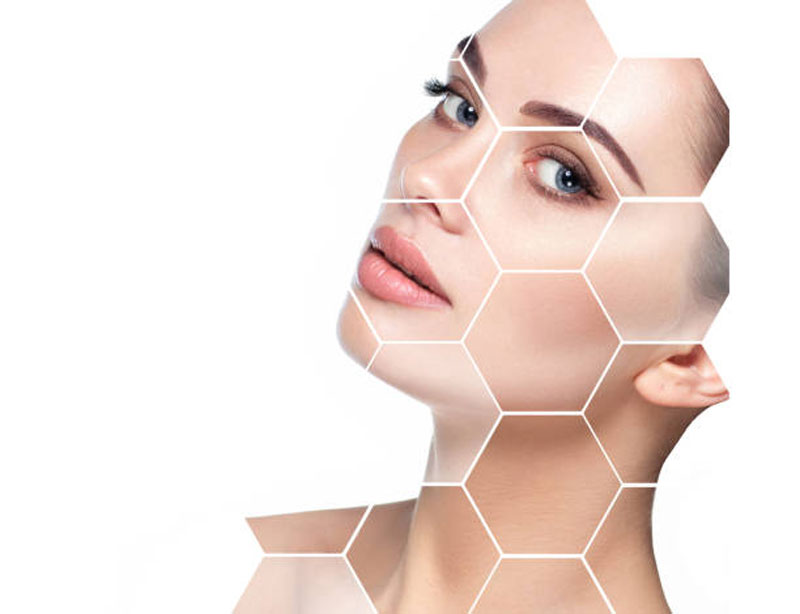 Is it all in vein or is beauty really only skin deep? Hundreds of thousands of medical tourists visit Thailand annually for a host of reasons.
Is it all in vein or is beauty really only skin deep? Hundreds of thousands of medical tourists visit Thailand annually for a host of reasons.
From stunning coastlines in Phuket to Chiang Mai’s immersive culture, many travel for top-quality treatments at a fraction of the price compared to back home.
Carried out by high-quality surgeons and Thai doctors, Botox is considered to be one of the most popular procedures and has been linked to effectively treating depression and anxiety.
Studies over the last few years appear to suggest undergoing Botox can enhance a person facially as well as affecting our emotional wellbeing.
Charles Darwin’s “facial feedback hypothesis” demonstrates facial expressions can have a major impact on our mental state. On the surface, wearing a smile utilizes certain muscles that can help when it comes to mood evaluation.
Consequently, facial gestures may just play a pivotal role in our wellbeing that could help how our overall wellbeing.
Darren Lyons from MyMediTravel explains;
“There seems to be a strong correlation between our mood and having Botox injections.
As a result, many are drawn to the allure of visiting Thailand for cost-effective Botox, whilst relaxing in style and enjoying fun in the sun.
Furthermore, studies have also revealed Botox offers relief to those suffering from migraines, acne, reducing oils in the skin and excessive sweating.”
Beyond the aesthetics, Botox is so much more. In fact, some patients have undergone Botox in South East Asia in order to combat all manner of physical ailments.
This includes multiple sclerosis, motor neuron diseases, lazy eye issues, not to mention an overactive bladder and even bowel disorders.
But it is these mood-boosting advantages that see many patients travel to Thailand.
Whether it is a question of a lack of self-esteem or an extra pick me up, Botox treatment is extremely popular with overseas patients.
Looking young is certainly one thing but how about feeling it? This is precisely the case as far as these perceived neurological improvements are concerned.
After all, if someone is unable to frown then it may lead to an increased positive outlook. And it seems science backs up this particular theory.
According to the The Journal of Psychiatric Research, there has been a wide variety of published studies that reveal Botox has a profound effect on treating depression.
Although it can reduce frown lines and crows-feet, many patients are now seeing the benefits both physically and mentally.
Thanks to this relaxed state, the body gradually starts to adapt and behave in a different manner whilst reducing stress triggers.
In this way, compared to traditional treatments which may have been unsuccessful, Botox is fast becoming the ideal solution to tablets.
In contrast to antidepressants, procedures are safely carried out in Thailand without any of the associated side effects found in tablets such as weight increase.
With the Botox market set to hit the $10 billion mark in the next five years, it is no surprise many patients are looking to turn that frown upside down.

